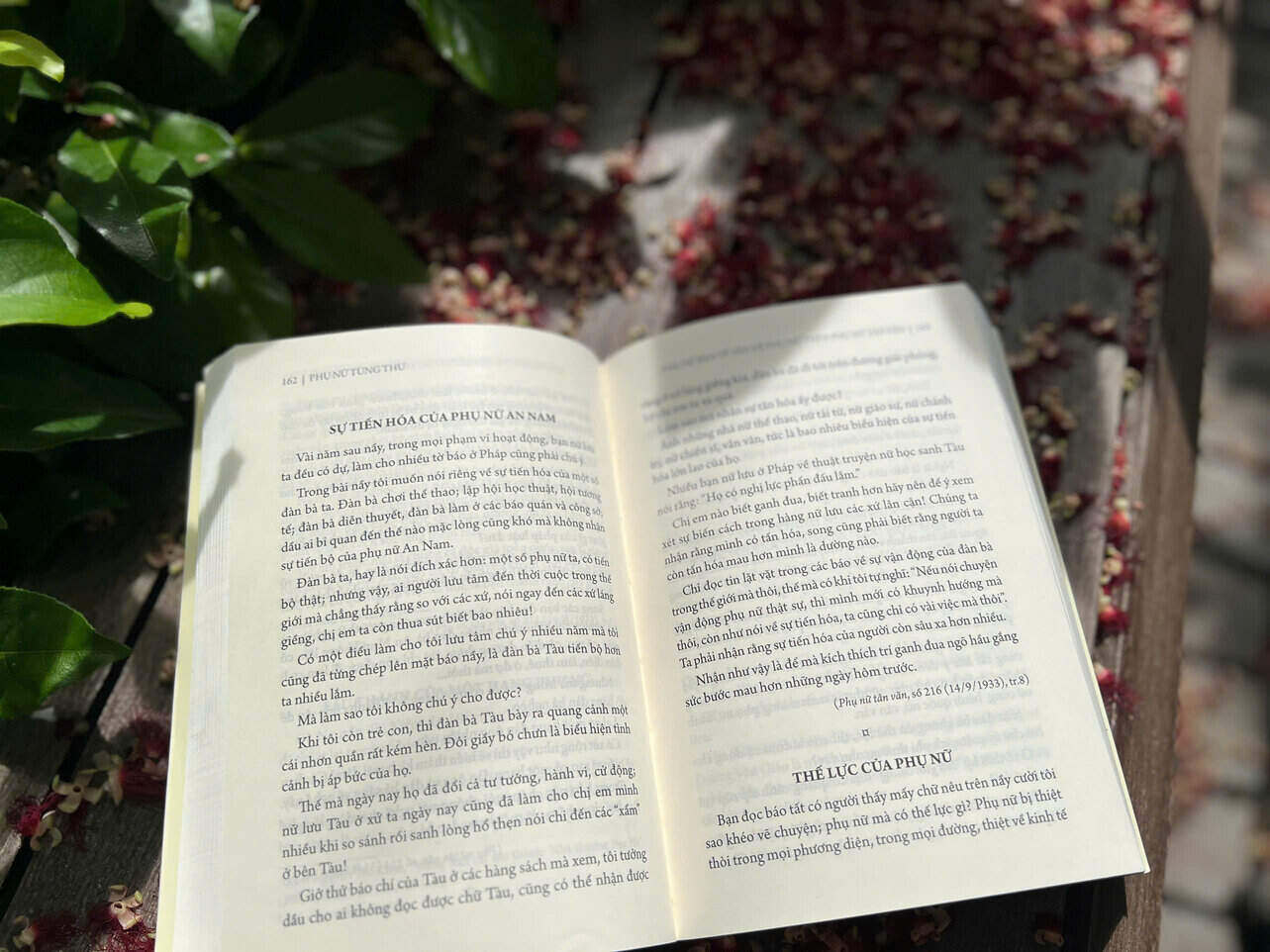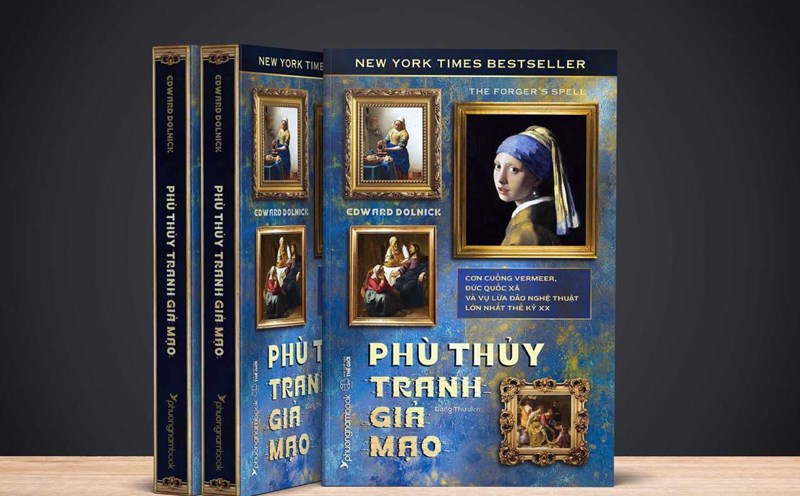The birth and activities of Tan Van Women in the 1929-1935 period was a milestone in the history of the Vietnamese women's movement. As the second newspaper founded by women in the South, Tan Van Women quickly became an important forum for discussing, protecting women's rights, promoting gender equality and promoting feminism in the context of a rapidly changing society in the early 20th century.
The book "Women discuss women's issues in women's issues in the modern era" was collected and compiled by Doan Anh Duong, selecting outstanding articles by female journalists and writers who collaborated with the newspaper during the 19291935 period. The authors are also the main writers of the publishing house including Ms. Nguyen Duc Nhuan, Dam Phuong Nu Si, Cao Thi Ngoc Mon, Huong Nhut, Van Dai, Phan Thi Nga, especially Manh Manh Manh Nu Si Nguyen Thi Kiem the person with the largest number of articles on the newspaper.

Tan Van Women's Newspaper is recognized as a pioneering press forum with a clear and persistent direction of operation: encouraging women to learn the national language, participate in social activities, maintain good old customs and absorb new and progressive ones.
The newspaper strongly spoke out against bad customs that force women such as traditional Thai ceremony, early marriage; at the same time, encouraged women to participate in associations, practice sports, express opinions, open up culture and aim for a proactive role in social life.
Not only carrying contemporary value, Nu Nu Tan Van is also a valuable document that helps visualize the formation and development of Vietnamese women's journalism and literature in the early days of modernization, with the smooth use of the national language in the prologue.
The book contributes to enriching the Women's Bookcase of the Vietnam Women's Publishing House, in the book category of Compository - Documentation, serving readers inside and outside the industry interested in Vietnamese culture, history, women's rights and journalism in the early 20th century.









